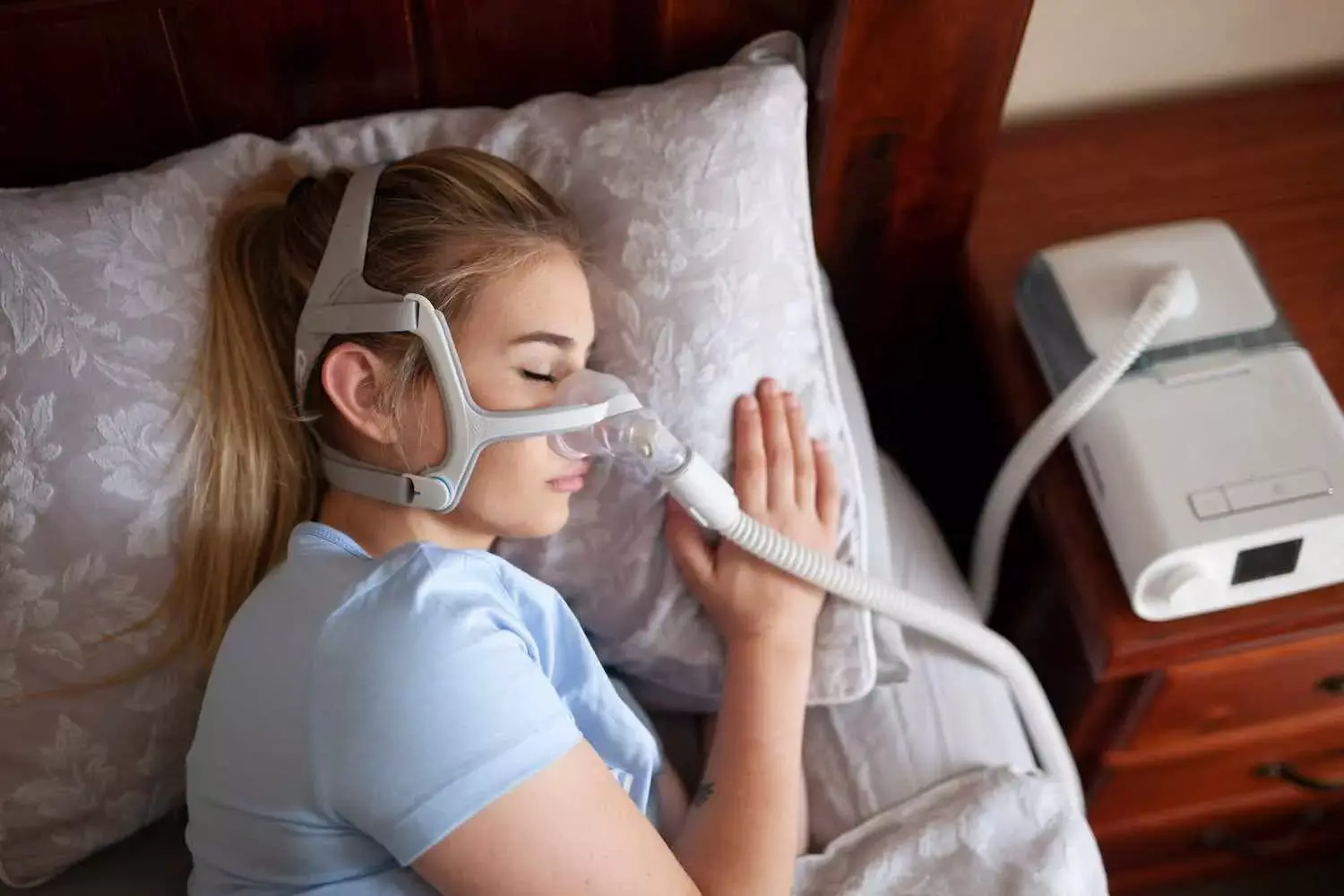- Home
- Medical news & Guidelines
- Anesthesiology
- Cardiology and CTVS
- Critical Care
- Dentistry
- Dermatology
- Diabetes and Endocrinology
- ENT
- Gastroenterology
- Medicine
- Nephrology
- Neurology
- Obstretics-Gynaecology
- Oncology
- Ophthalmology
- Orthopaedics
- Pediatrics-Neonatology
- Psychiatry
- Pulmonology
- Radiology
- Surgery
- Urology
- Laboratory Medicine
- Diet
- Nursing
- Paramedical
- Physiotherapy
- Health news
- Fact Check
- Bone Health Fact Check
- Brain Health Fact Check
- Cancer Related Fact Check
- Child Care Fact Check
- Dental and oral health fact check
- Diabetes and metabolic health fact check
- Diet and Nutrition Fact Check
- Eye and ENT Care Fact Check
- Fitness fact check
- Gut health fact check
- Heart health fact check
- Kidney health fact check
- Medical education fact check
- Men's health fact check
- Respiratory fact check
- Skin and hair care fact check
- Vaccine and Immunization fact check
- Women's health fact check
- AYUSH
- State News
- Andaman and Nicobar Islands
- Andhra Pradesh
- Arunachal Pradesh
- Assam
- Bihar
- Chandigarh
- Chattisgarh
- Dadra and Nagar Haveli
- Daman and Diu
- Delhi
- Goa
- Gujarat
- Haryana
- Himachal Pradesh
- Jammu & Kashmir
- Jharkhand
- Karnataka
- Kerala
- Ladakh
- Lakshadweep
- Madhya Pradesh
- Maharashtra
- Manipur
- Meghalaya
- Mizoram
- Nagaland
- Odisha
- Puducherry
- Punjab
- Rajasthan
- Sikkim
- Tamil Nadu
- Telangana
- Tripura
- Uttar Pradesh
- Uttrakhand
- West Bengal
- Medical Education
- Industry
Long Term CPAP Adherence Reduces Diastolic BP in Patients with Sleep Apnea

Obstructive sleep apnea (OSA) is a common cause of hypertension. Nearly 50% of OSA patients have hypertension, and 37–56% of hypertensive patients have comorbid OSA. In a study, researchers have found that long-term continuous positive airway pressure (CPAP) therapy was linked with lower diastolic blood pressure. The study findings were published in the journal Scientific Reports on September 27, 2021.
Previous studies have demonstrated beneficial short-term effects of continuous positive airway pressure therapy on blood pressure. However, the long-term antihypertensive effects of CPAP have not been properly verified. Therefore, Dr Takeshi Tanigawa and his team conducted a study to evaluate the longitudinal effect of CPAP therapy adherence on blood pressure among OSA patients.
In this retrospective study, researchers included a total of 918 patients diagnosed with OSA and undergoing subsequent CPAP therapy at a Kanagawa-area sleep clinic. They were clinically followed for 24 months to examine CPAP adherence. The researchers also evaluated the longitudinal changes in blood pressure and body weight as it may become a confounding factor for changes in blood pressure. The hours of CPAP usage were collected over the course of 30 nights before each follow-up visit (1st, 3rd, 6th, 12th, and 24th month). They used mixed-effect logistic regression models to analyse the relationship between CPAP adherence and blood pressure.
Key findings of the study were:
- Upon analysis, the researchers found a significant reduction in diastolic blood pressure among patients with good CPAP adherence during the 24-month follow-up period (β = − 0.13), when compared to the group with poor CPAP adherence.
- However, they found no significant association between CPAP adherence and weight loss (β = − 0.02).
The authors concluded, "The patient group with good CPAP adherence, and no weight loss over two years, showed a significant reduction of diastolic blood pressure indicating a significant longitudinal effect of CPAP therapy on diastolic blood pressure reduction. Therefore, a significant potential reduction in cardiovascular morbidity and mortality may be expected in normotensive OSA patients."
For further information:
DOI: https://doi.org/10.1038/s41598-021-98553-0
Medical Dialogues Bureau consists of a team of passionate medical/scientific writers, led by doctors and healthcare researchers. Our team efforts to bring you updated and timely news about the important happenings of the medical and healthcare sector. Our editorial team can be reached at editorial@medicaldialogues.in.
Dr Kamal Kant Kohli-MBBS, DTCD- a chest specialist with more than 30 years of practice and a flair for writing clinical articles, Dr Kamal Kant Kohli joined Medical Dialogues as a Chief Editor of Medical News. Besides writing articles, as an editor, he proofreads and verifies all the medical content published on Medical Dialogues including those coming from journals, studies,medical conferences,guidelines etc. Email: drkohli@medicaldialogues.in. Contact no. 011-43720751


